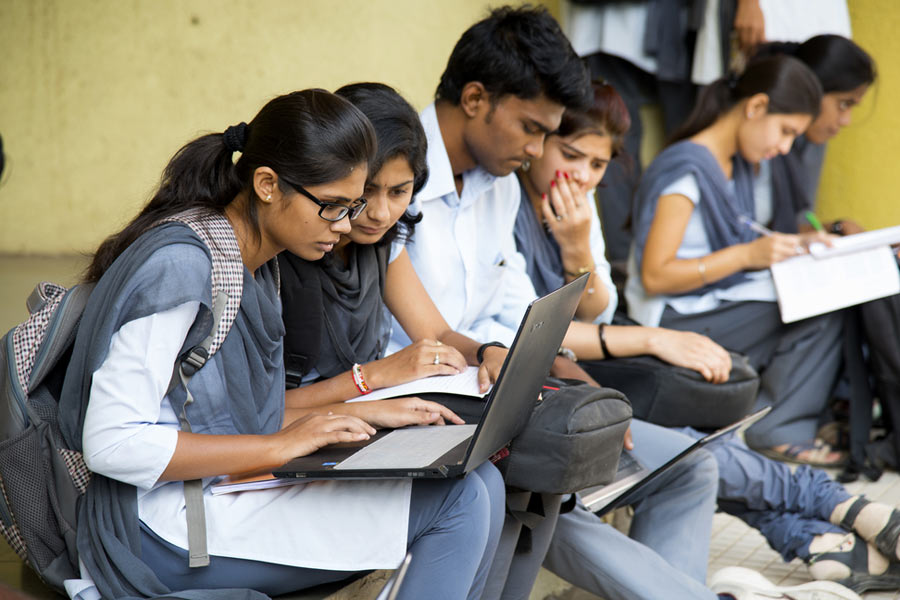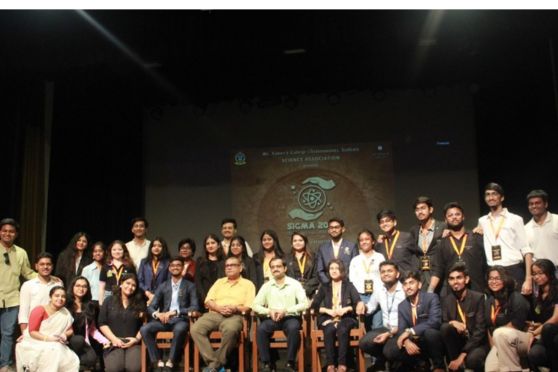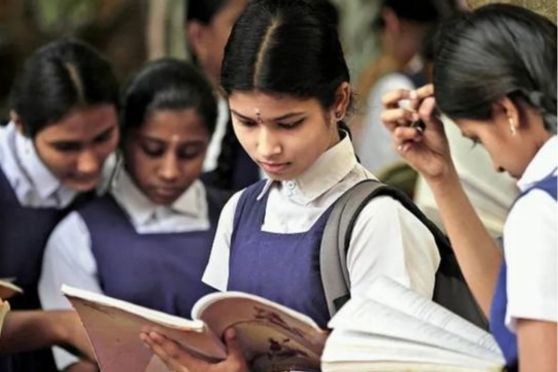Advertisement
Discover
Advertisement
News

KEAM 2024
KEAM 2024 Registration Last Date Extended! Check Application Steps Here

Telangana State Law Common Entrance Test
TS LAWCET, PGLCET 2024 Registration Deadline Extended! Click to Know Last Date and Other U

Staff Selection Commission
SSC JE Exam 2024: Application closing soon! Check last date, registration process

CISCE Results 2024
How to Check ICSE & ISC Exam 2024 Results – Latest Change Notification!

UPPSC
Apply for 2532 UPPSC Medical Officer Jobs at UPPSC 2024 Before Deadline, Steps to Apply!

UP Board Exam 2024
UP Board Class 10 and 12 results to be declared soon - How to check
Career
Advertisement













